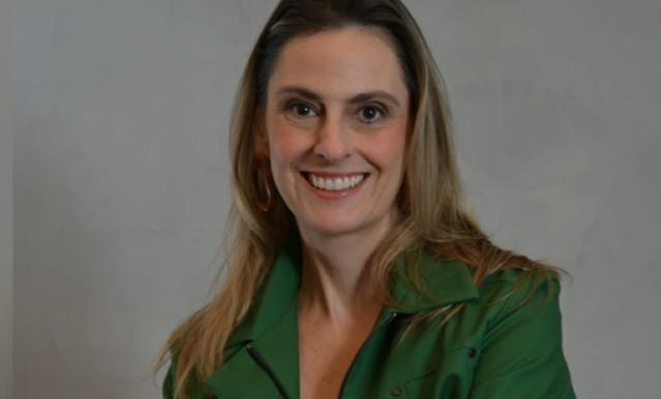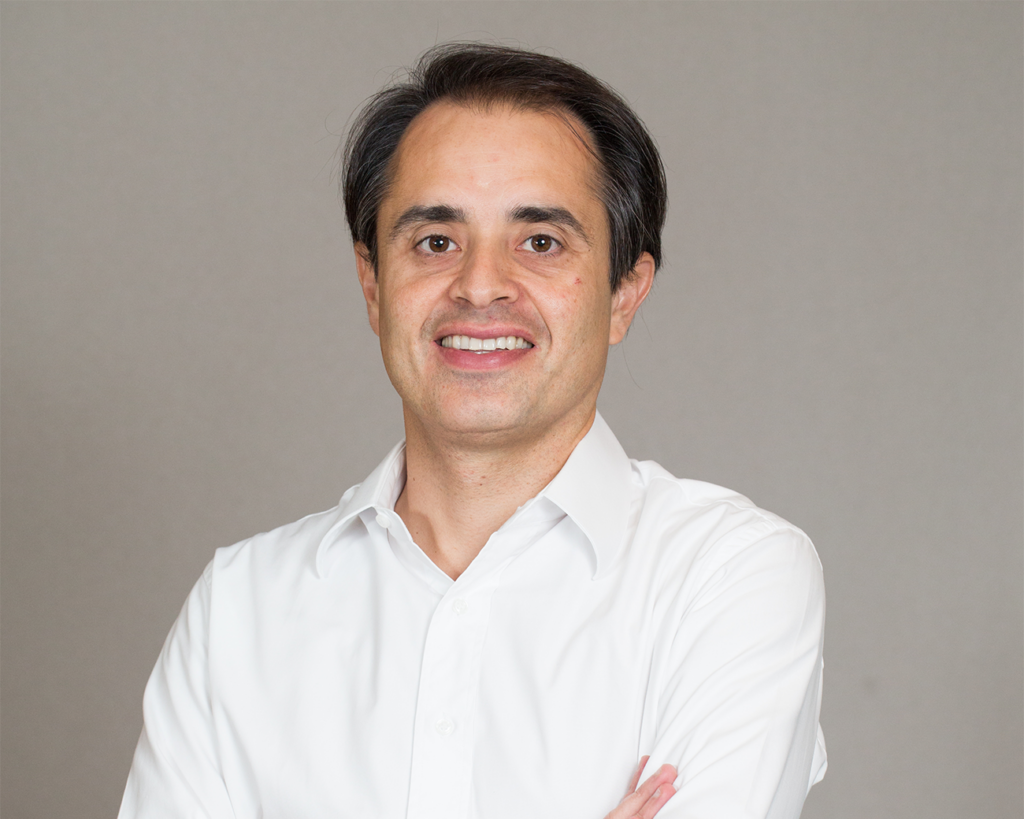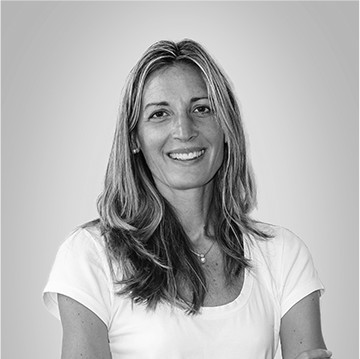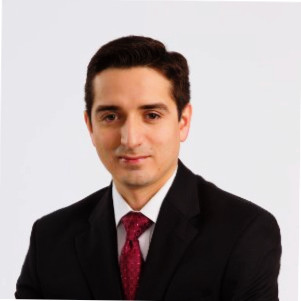LP Profiles, Member Profiles
An Interview with Nicolas Bañados, Megeve Investments
24 May 2012

LAVCA recently spoke with Nicolas Bañados, Managing Director of Private Equity at Megeve Investments, about the role of family offices.
 LAVCA: Tell us about Megeve Investments – what is your investing strategy, by asset class and geography?
LAVCA: Tell us about Megeve Investments – what is your investing strategy, by asset class and geography?
Bañados: Megeve Investments is a private institutional investor manager with a team of eight independent professionals divided in two business units: an asset management division and a private equity division.
The asset management division invests in international equities and fixed income, with a special bias towards emerging markets and Latin America. The company operates two investment strategies: a diversified long-term capital appreciation portfolio and an absolute return hedge fund (actively managed).
The Private Equity division focuses on mid-size companies that operate in long-term profitable businesses. As of today our portfolio includes seven companies that operate in Latin America. Even though there is no target for allocation to Alternative Investments, we expect to allocate around a third of the portfolio to Private Equity.
LAVCA: During the transition from a family business to a family office, what were some of the particular issues Megeve had to consider when developing an investment strategy?
Bañados: The most important thing is to understand from the outset the long-term goals of the family. In addition to seeking a good risk-adjusted return, our goal is to create an important financial group that can contribute to Chile’s economic development and in the broader Latin American region. This means that we are very selective about the industries and businesses in which we invest, and that we plan for a longer-term horizon than may be typical for other investors.
LAVCA: What is the priority for Megeve – capital preservation, capital creation, liquidity, etc?
Bañados: The priority is long-term capital appreciation.
LAVCA: Can you tell us about your portfolio construction process and how that may differ from other institutional investors?
Bañados: Our portfolio construction starts with a top-down analysis to select our preferred industries in our selected countries. We then combine detailed industry research with bottom-up analysis of some target companies.
LAVCA: What is your preferred structure to gain access to investments, both inside and outside of Chile?
Bañados: We have a mandate from the family to be active in managing their money. We believe that there is value in actively managing our investments, in order to apply our knowledge and expertise to make changes. We mainly do our investing directly in companies which we control or co -control, but we also do some investments in PE Funds when we expect to gain something in addition to a good return (i.e. access to good co-investments, learning about an industry, access to a market / industry in which we do not want to be active or that is very specific).
When we invest in PE funds, we want to maintain a close relationship with the managers so we only invest in Latam funds (Mexico, Brazil, Colombia, Peru, Argentina and Chile). Within the PE spectrum of funds we prefer mid -size funds that are country specific or industry specific because usually the GPs have a limited track record and we want them investing in what they do best.
We have done a few co-investments with PE funds, in which we invested directly in the portfolio companies after agreeing on a shareholders’ agreement.
LAVCA: In regards to due diligence, how do you go about finding and selecting the best fund managers?
Bañados: In addition to the usual due diligence that an institutional investor would do to a fund manager such as meeting with the general partners, legal documentation, etc., we do a lot of reference checks. We talk to former employers, other funds in the market, companies that have received their investments, investment banks that have or have not worked with them in the past, etc. Our focus in a limited geography allows us to get to know many people in the market so we always find good references, and if we don’t find them, we don’t invest.
As a family office we are not restricted by the regulatory framework in Chile, so we do not need to invest only in managers that have feeder funds. Also, since we are active investors in the private equity market we get to know some of the PE funds as competitors in some deals, and that is the best way to understand the way they think and work.
LAVCA: Which countries and/or sectors are particularly interesting to you right now?
Bañados: We look for opportunities in Chile, Colombia and Peru. We define ourselves as generalist, so we analyze all industries, preferably mature businesses.
LAVCA: What is Megeve’s risk management philosophy?
Bañados: We are very conservative regarding execution risk, we do detailed due diligence regarding legal issues, background information, financials, etc. However, after we have analyzed an industry in detail we are willing to take the industry risk and we are not afraid to enter new markets.
LAVCA: What do you see as the greatest opportunity for family offices in Latin America today? Greatest challenge?
Bañados: I see many family offices willing to invest their money in Private Equity, but I only see a few that want to take the risk with a new manager. The greatest opportunity would be developing the ability to find those good managers, with good knowledge and expertise investing and managing the companies.
The greatest challenge is to understand that these types of investments take time before seeing the returns.
LAVCA: What should fund managers keep in mind when working with family offices? How do they differ from traditional LPs?
Bañados: The investment tickets of a family office will be smaller than a pension fund, and that a family office will like to be more involved in the investments process because they want to learn how to invest. However, a family office could be a very good source of deal flow and a very good source of knowledge in a particular country or industry.
You may be interested in...
-

Luciana Antonini Ribeiro, eB Capital
Executive: Luciana Antonini Ribeiro, Co-Founder and CIO Member Name: eB Capital Year...
-

Cristiano Gioia Lauretti, Kinea Private Equity
Member: Kinea Executive: Cristiano Gioia Lauretti, Head of Private Equity HQ: São...
-

Maria Pia Iannariello, MGM Innova Capital
LAVCA recently spoke with Maria Pia Iannariello, Co-Founder & COO of MGM Innova Capital,...
-

Rafael Ramirez, Portfolio Manager, Alaska Permanent Fund Corporation
LAVCA recently spoke with Rafael Ramirez, Portfolio Manager– Private Equity &...